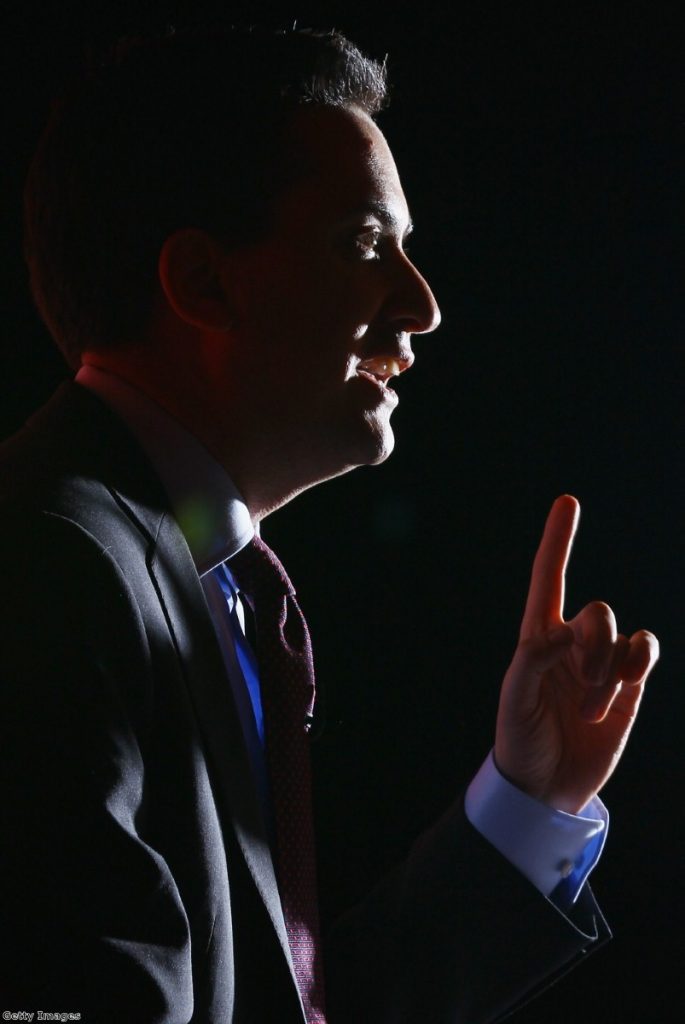Sketch: Subdued PMQs masks improved Miliband performance
Afghan tragedy casts gloom over proceedings. But underneath, there are signs of continued improvement in Miliband's approach.
By Ian Dunt Follow @IanDunt
Once the news broke that six British troops had been killed in an explosion in Afghanistan, it was clear this would be a sombre session.
The war forces MPs into a consensual tone, especially immediately after deaths. Smuggling underneath, there are political differences which are far greater than the screaming madness which accompanies relatively minor economic difference. But these must always be framed like gentlemen with their pistols at dawn.


Ed Miliband's contribution, soaked in consensual tones, merely inquired as to whether now might be a good time to "restate" the reasons for the war. Of course, there are no wise wars that require a prime minister to restate the reason for them. The need for a wise war is always patent, which is why it is wise. This fact is well understood in the chamber, but all parties are so complicit in the war no-one dares mention it.
Miliband split his questions – wisely, given it's an impossible transition. He would not welcome someone saying it, but it was perhaps useful to him to carry some of that gravitas on to a series of exchanges on child benefit. The Labour leader had found a married father of three who was about to lose £60 a week because his bosses wouldn't give him the extra hour's work required to stay above the threshold.
Cameron's usual attacks followed – Labour oppose all cuts, Miliband's not up to the job. That sort of thing. He delivered them competently, but nothing new there.
Miliband's recently improved performances continued. He built a logical argument, highlighting how the policy, which Cameron and George Osborne sketched on the back of a matchbox last conference season, made it more attractive to give up work and take up benefits.
He also employed an effective little trick where he castigates one of Cameron's frontbenchers, as he's done recently with Nick Clegg and Andrew Lansley (this time it was Philip Hammond). It gives the sense of a chaotic, anarchic government, whose ideological, free-market disciples are far less likable and disciplined than the prime minister.
He ended with a pre-election Cameron quote promising not to introduce means-tested benefits, which he is now doing.
In an understated way, it was a solid, meat-and-potatoes opposition performance. Nothing revolutionary, but further evidence he's mastering the nuts and bolts of the PMQs session.
During the party political attacks, the Tory and Labour backbenchers brayed as horribly as usual, putting on donkey faces and slapping their thighs. The two leaders seemed less into it, as if they might have actually enjoyed agreeing with each other for a while.
Immediately after the session, a debate on the Queen meant they were both able to agree again, and there was just the slightest hint of relief.

